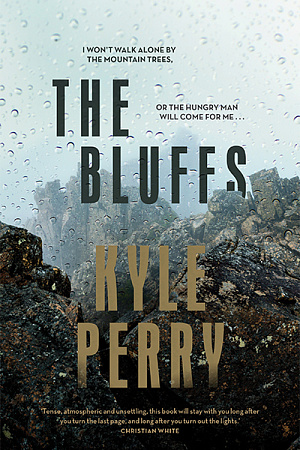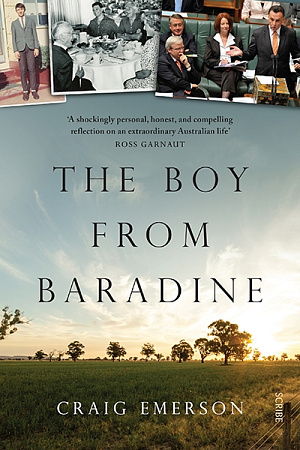The Boy in the Boat: A memoir
Limelight Press, $34.95 pb, 493 pp
Entering the maze
We expect memoirs to be true – it is one of the main reasons we read them – but we have also grown accustomed over the years to the idea that, while the memoir may be true in spirit, events may not have happened exactly as described. Indeed, it is not unusual for the memoirist to include some prefatory remarks to that effect. Such caveats seem fair; we have come to see them as no more than acknowledgments of the way things are.
But change is in the air, as the American writer Vivian Gornick found to her discomfiture last year at a conference in Maryland. After giving a public reading from her memoir, Fierce Attachments (1987), about her relationship with her mother, Gornick ended her presentation by remarking, casually and as it turned out incautiously, that she had made up quite a lot of it. The reaction – from fans, readers and other writers of non-fiction – was swift and angry, and has yet to die down. Gornick replied, in an article in the e-journal Salon, by calling for a ‘more informed’ readership of memoirs like hers, thereby rather missing the point. The ground has shifted, and readers who flock to memoirs – and to autobiography and biography – are no longer quite as content as they once were to be told that truth relies on fiction to draw out its essential nature. It is a bit more complicated than that, and what we might once have happily accepted as a hybrid called ‘faction’ now starts to sound a bit like fibbing. Where once we tolerated, even celebrated, shading and nuance and the need, sometimes, to elaborate or exaggerate (or simply fail to mention some crucial point or other) in order to get at a higher or deeper level of truth, now we are not so sure where the boundaries are, or ought to be.
Phyllis McDuff’s A Story Dreamt Long Ago and Brian O’Raleigh’s The Boy in the Boat, each subtitled A memoir, both tackle in their different ways this question of what it means to tell the truth. The Boy in the Boat is the long story of a man’s attempt to escape the legacy of his violent and drunken father. O’Raleigh takes us from a turbulent childhood in Blackpool, where he would seek refuge from the beatings at home by hiding in the boats that lay drawn up on the seashore, to Australia and his own struggle with alcohol addiction, then back to Blackpool and Ireland in an attempt to settle his demons, and, finally, to a resolution of a kind. But is it all true?
Continue reading for only $10 per month. Subscribe and gain full access to Australian Book Review. Already a subscriber? Sign in. If you need assistance, feel free to contact us.










Leave a comment
If you are an ABR subscriber, you will need to sign in to post a comment.
If you have forgotten your sign in details, or if you receive an error message when trying to submit your comment, please email your comment (and the name of the article to which it relates) to ABR Comments. We will review your comment and, subject to approval, we will post it under your name.
Please note that all comments must be approved by ABR and comply with our Terms & Conditions.